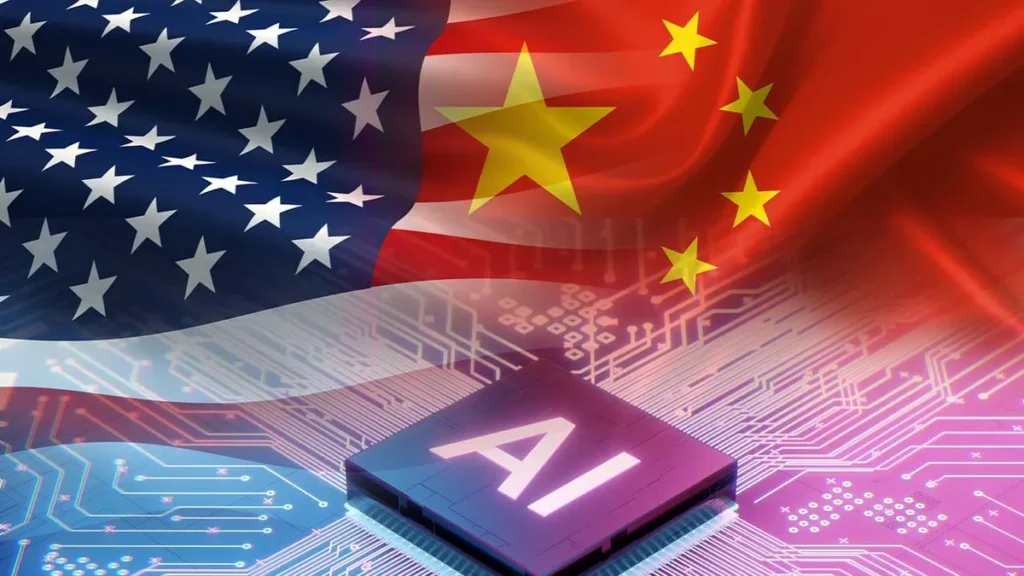According to Kai-Fu Lee, the former president of Google China, Chinese artificial intelligence models are approximately six months behind those used in the United States.

According to a Sept. 11 report by CNBC, Lee stated at the AVCJ Private Equity Forum in China that the less-advanced Chinese models are approximately 15 months behind their US counterparts.
However, the dominant large language models (LLMs) employed by Chinese companies are between six and nine months behind.
Lee, the founder of Sinovation Ventures and startup 01.AI, predicted that AI applications in China could soon surpass those in the United States. He also noted that the cost of training AI models had plummeted in recent months.
China Expected to lead AI applications
Lee predicted that the proliferation of applications in China will be significantly greater than in the United States by early next year. However, he clarified whether small or large companies will develop these applications is still being determined.
He also stated that it could take five to eight years to achieve the status of a “super app,” a single application that can perform a broad range of tasks and have generative AI capabilities that are consumer-ready.
Lee believed that the current smartphone technology would not be sufficient to meet the demands of AI technology, necessitating the development of entirely new devices.
“The right device ought to be always on, always listening.”
Following the July release of the “Friend” necklace, an AI-powered wearable marketed as a virtual companion that continually listens to its wearer, Lee’s remarks regarding permanently observant AI devices are noteworthy.

Like the United States, China has experienced a significant surge in interest from prominent technology companies in the AI sector.
Consistent Alibaba and Tencent, two Chinese companies, have invested billions in funding for smaller AI ventures and released numerous iterations of their in-house AI models and applications.
In September last year, Tencent introduced its LLM, “Hunyuan,” to respond to OpenAI’s ChatGPT chatbot.
The firm has since incorporated Hunyuan into its cloud computing, marketing, and gaming divisions and throughout its ecosystem.
